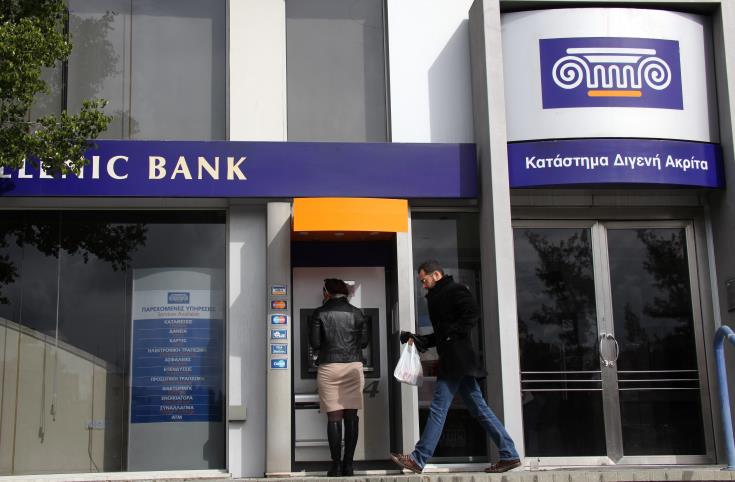Banks are lifeless institutions in concrete buildings. What determines ‘bank policy’ is the management of a bank, not its chairs, desks, walls or ATMs.
A necessary clarification is required to explain why ‘banks overcharge’ and ‘daylight robbery by banks’.
Banks are their shareholders, their management and their staff.
Customers are just clients, depositors who choose to trust the people working in these financial institutions with their monies.
It all boils down to trust.
So, trust must be earned and should not be taken for granted.
Banks are also an essential service despite being a commercial enterprise with profits and dividends.
They are a necessary evil to deposit a paycheque, provide consumer credit to keep the economy going and provide loans.
The public is rightly up in arms over the new fees kicking in, coincidentally by both major banks that command a combined 80% market share, thus have cornered the market, in other words, a duopoly.
Long gone are the glorious days of the Cypriot banks leaving their mark in regional markets, with the Greek operations household names, eventually collapsing like a house of cards, because of greed – of the shareholders, “golden boys” management, branch heads and credit officers.
And greed was also a major want of the consumers, who faked all sorts of appraisals and documents to secure a loan with bankers’ full knowledge and tolerance.
Since 2012, when the foundations of the banks started to shake, we have heard about toxic, non-performing loans and unsecured mortgages.
Many are suffering for their poor judgment, while no bank employee has ended up in jail for approving and providing an unsecured loan, for which all deposits have been called to pay.
Due to the delay in resolving NPLs, individuals and small to medium-sized enterprises (the backbone of the Cyprus economy) struggling to make ends meet have fallen afoul of the black hole, eventually being sucked in and unable to climb out.
Hundreds if not thousands of small businesses have been removed from the equation altogether, with their know-how and experience vanishing into thin air, resulting in Cyprus becoming uncompetitive.
Bank managers also maintained double standards for restructuring loans, with the popular major property developers bailed out first, allegedly because the country would collapse if they weren’t.
The politicians, now being called to ‘intervene’, tolerated the hanky-panky going on in the banks, both because many had their share of unsecured loans that needed to be suppressed and because banks provided job opportunities for those needing favours.
Banks in Cyprus were never regarded as major financiers or risk-takers to underwrite promising enterprises, forcing on many occasions big businesses to seek financing elsewhere, often even with better terms.
That is why in recent years, apart from investment in lucrative insurance subsidiaries, their only core businesses have been from charges and fees.
This unsustainable economic model needs to be changed.
Banks are still too big, considering the size of the Cyprus economy, the only market where they are active.
Instead of hiking charges, we should have seen more online activities, 24/7 services with prompt responses to requests.
Further job cuts are necessary to reduce costs and then start building up their activities, while mergers should not be considered taboo.
At the current pace of banking activities and services, it is only a matter of time for foreign banks to make their presence felt in Cyprus.
Perhaps, with decent competition, matters will improve.
But, until then, keep stashing the cash under the mattress or get alternative financing with electronic money institutions.










